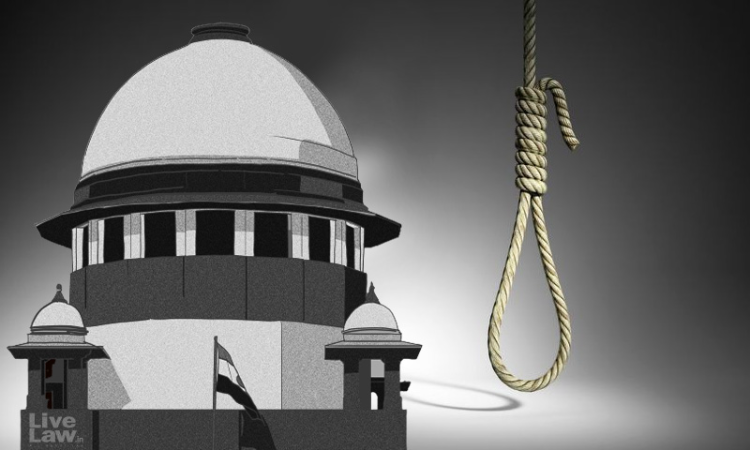Supreme Court Commutes Death Sentence Awarded To A Man Accused Of Rape And Murder Of A Three Year Old Girl Child
Sohini Chowdhury
15 Dec 2021 9:44 AM IST

Next Story
15 Dec 2021 9:44 AM IST
On Tuesday, the Supreme Court commuted the death sentence of a man accused of rape and murder of a three year old girl child, considering his socio-economic background and the possibility of reform and rehabilitated. "It therefore cannot be said that there is no possibility of the appellant being reformed and rehabilitated foreclosing the alternative option of a lesser...
